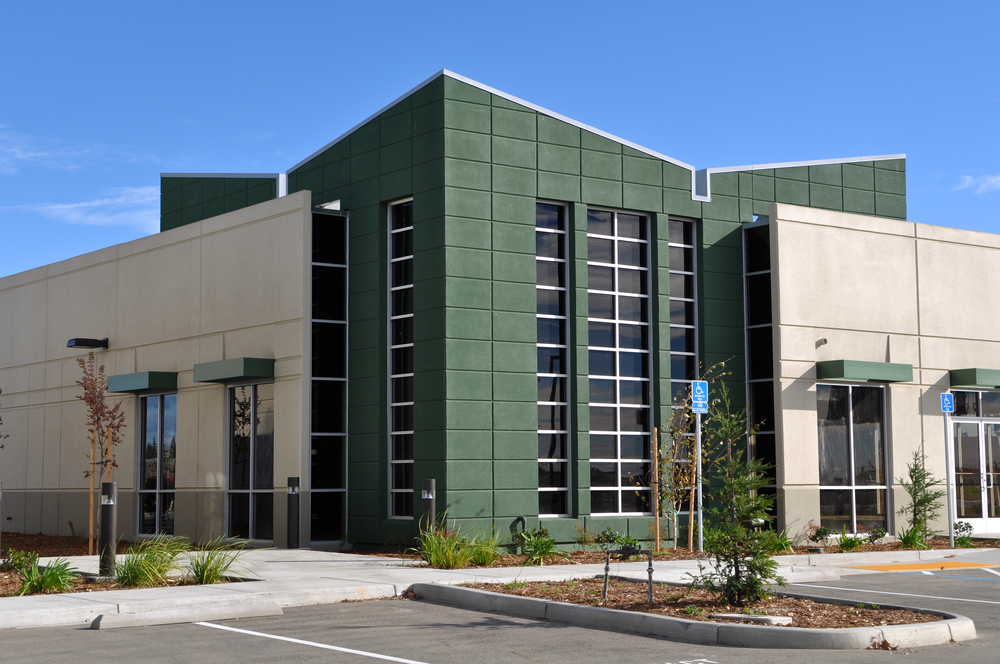December 18, 2013
Five Reasons to Bring a Quiet Title Action
In a quiet title action, the Plaintiff asks the court to declare the sole legal title to a property. It is commonly used for tax deeds, adverse possession and prescriptive easements, as an alternative to probate, or alongside other real estate claims. Defendants can also counterclaim to establish their own title to the property.
 Landlords may want a similar agreement that protects their own business. Specifically, the landlord may want a radius clause that prohibits you from opening another store close to the leased property. They want to keep business flowing into their property and not diverted to another location.
Landlords may want a similar agreement that protects their own business. Specifically, the landlord may want a radius clause that prohibits you from opening another store close to the leased property. They want to keep business flowing into their property and not diverted to another location.